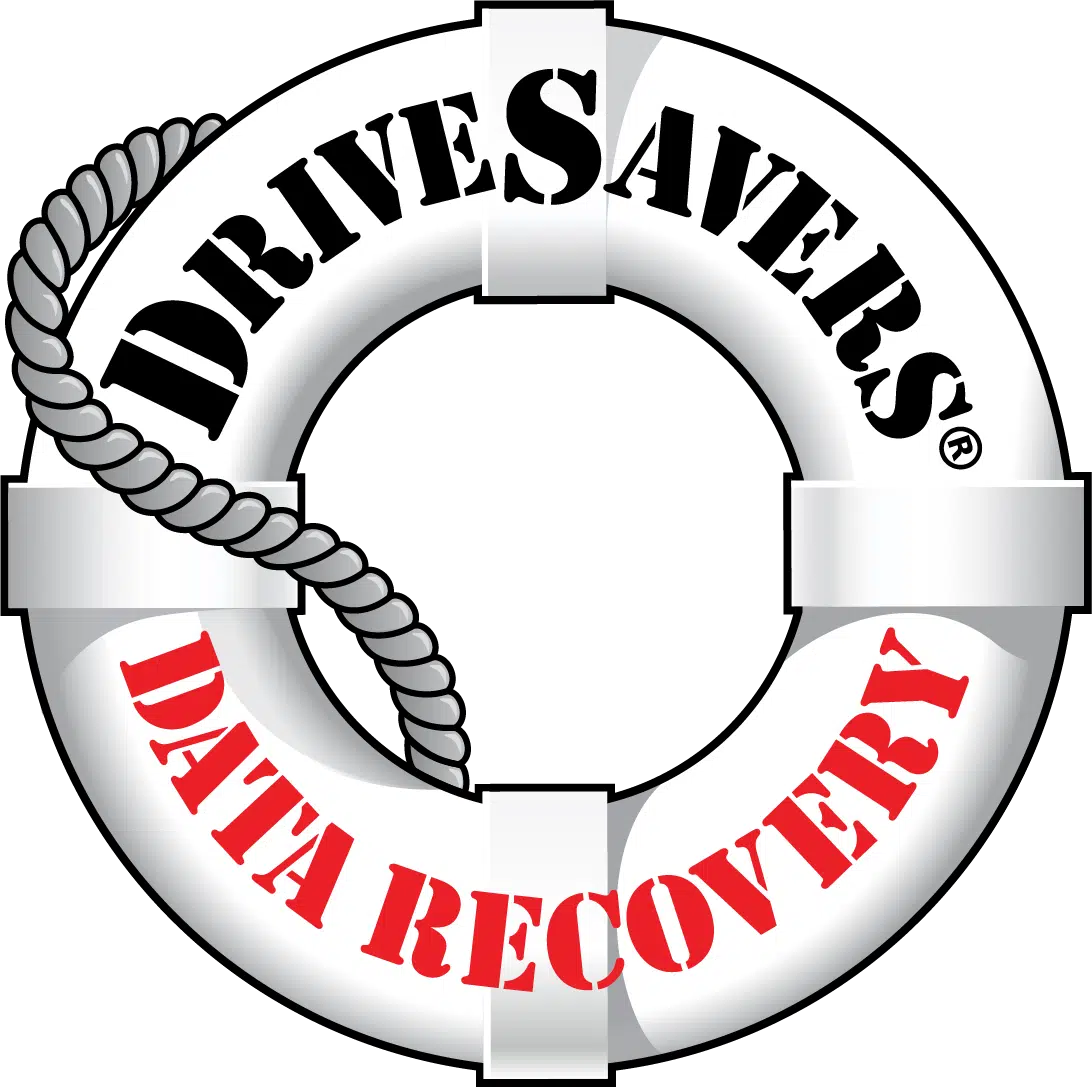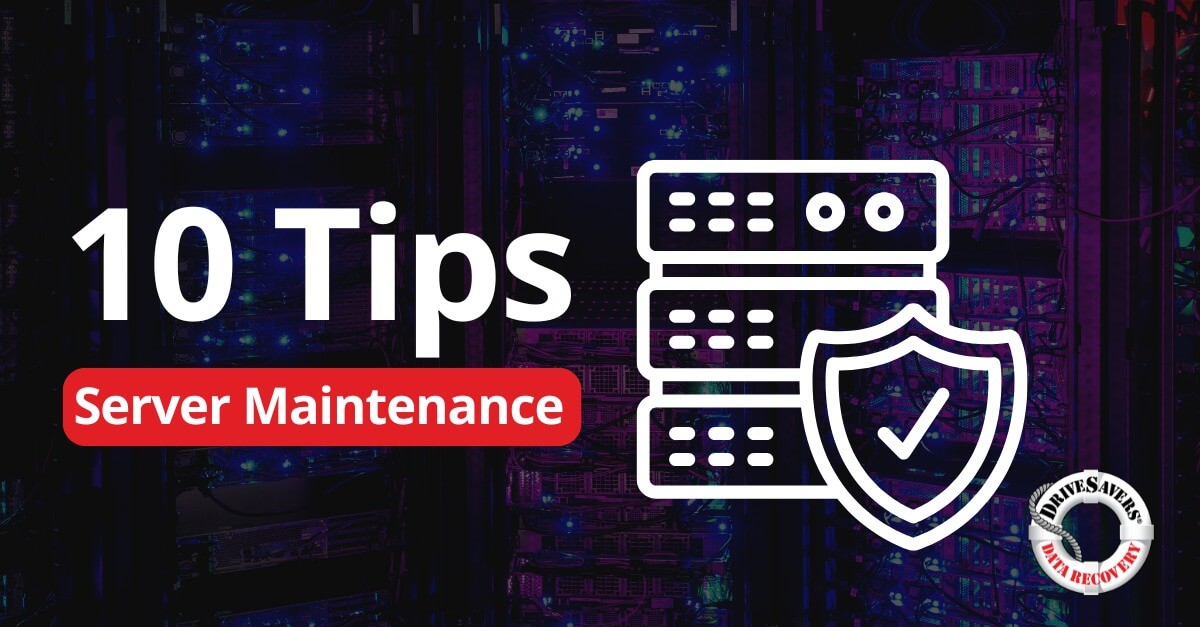At DriveSavers, we often receive requests for data recovery from grieving family members who don’t know the passcode to their loved one’s device.
No Flash in the Pan

As if we needed another reason to believe flash memory is the future of large data storage systems, along comes IBM with a plan to spend $1 billion in R&D to address this rapidly growing area.
The pace of adoption of storage devices using flash technology is quickening as users compare the speed, size and reliability of solid state memory vs. traditional hard drives that use spinning disks instead of electrons for data storage.
Consumers First, Business Second
Flash memory growth helped fuel the popularity of smartphones, tablets and portable computers – consumer-level devices that benefit from the smaller size and speed of flash storage devices.
That consumer market is still growing, too. Apple announced this month that it was offering new flash storage options for its laptop computer lineup. The MacBook Air now can be equipped with 256GB and 512GB solid state drives. Previously, the capacities topped out at 128GB.
Flash technology may have first showed up in flash drives and memory cards, but its application in larger capacity devices is also on a growth spurt.
Big Data, Smaller Costs
Continued growth in the flash storage arena, at greater volumes, is coming in the enterprise space. With a smaller physical footprint and lower power consumption levels, flash storage can add up to big savings and improved performance.
While most enterprise storage consists of legions of conventional hard drives married together in large RAID arrays, some companies are offering hybridized versions of these systems that utilize both electro-mechanical drives and solid state drives.
Some newer players in this area are going all in on all-flash storage systems for enterprise operations.
Pure Storage, Violin Memory, Nimbus Data, Qlogic, Skyera and SolidFire are some of the start-ups actively pushing the all-flash enterprise storage bandwagon.
Bigger players, like IBM, EMC and NetApp – and others – are moving more cautiously, looking for ways to incorporate solid state technology into larger data storage products.
No matter what type of storage you employ in your home, school, government agency or business, a good backup is always your best defense against data loss.
Thanks to a long traffic record of staying ahead of industry trends, DriveSavers is also your best bet to recover data from any new – or old – storage system.




